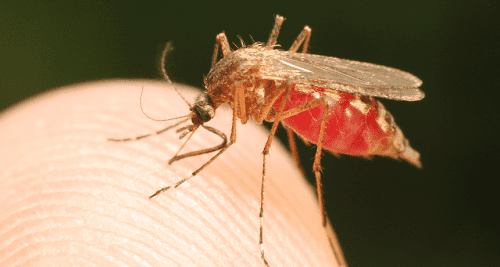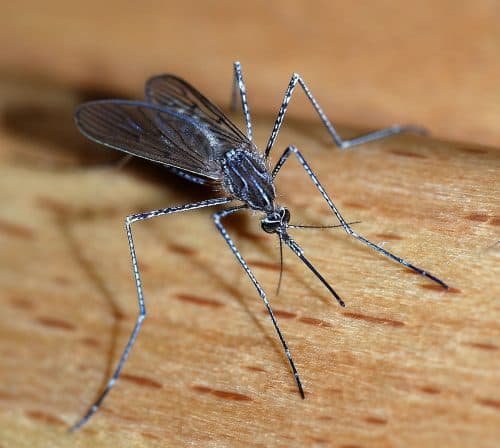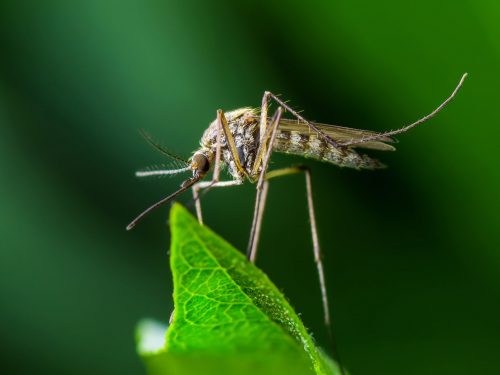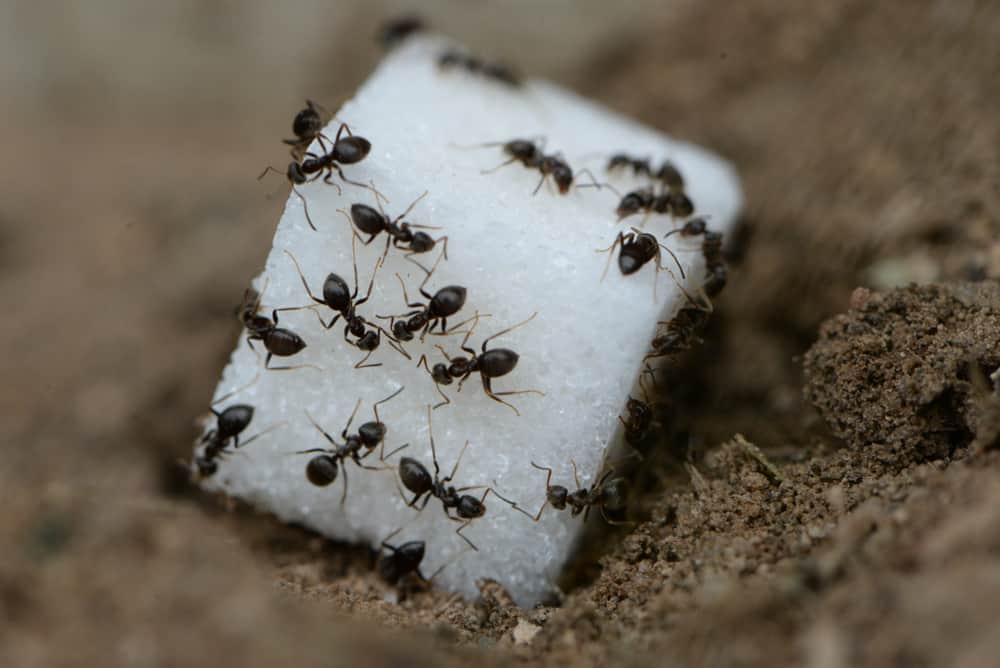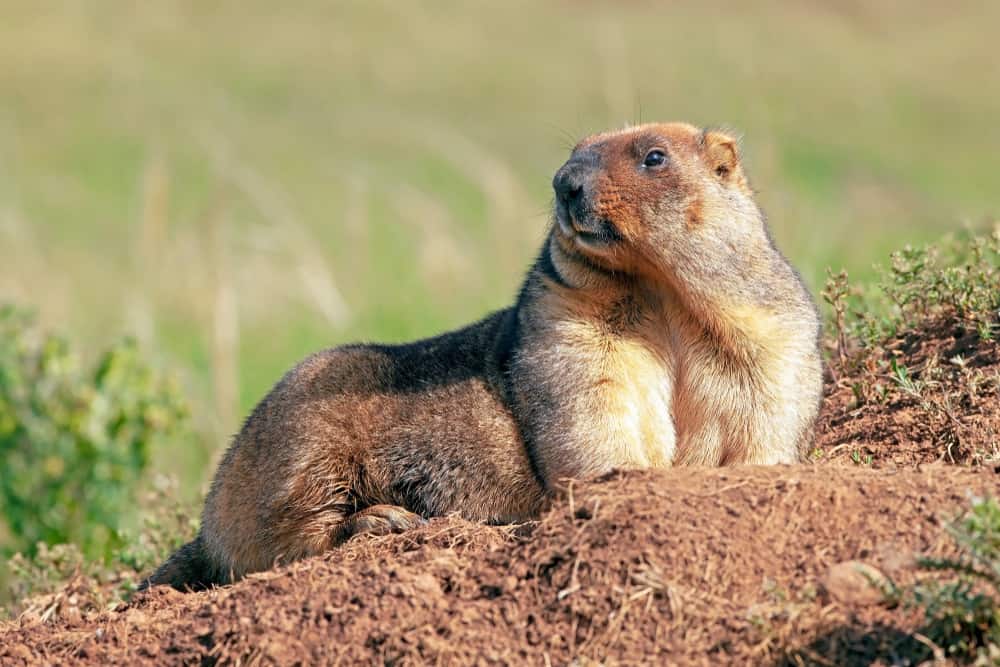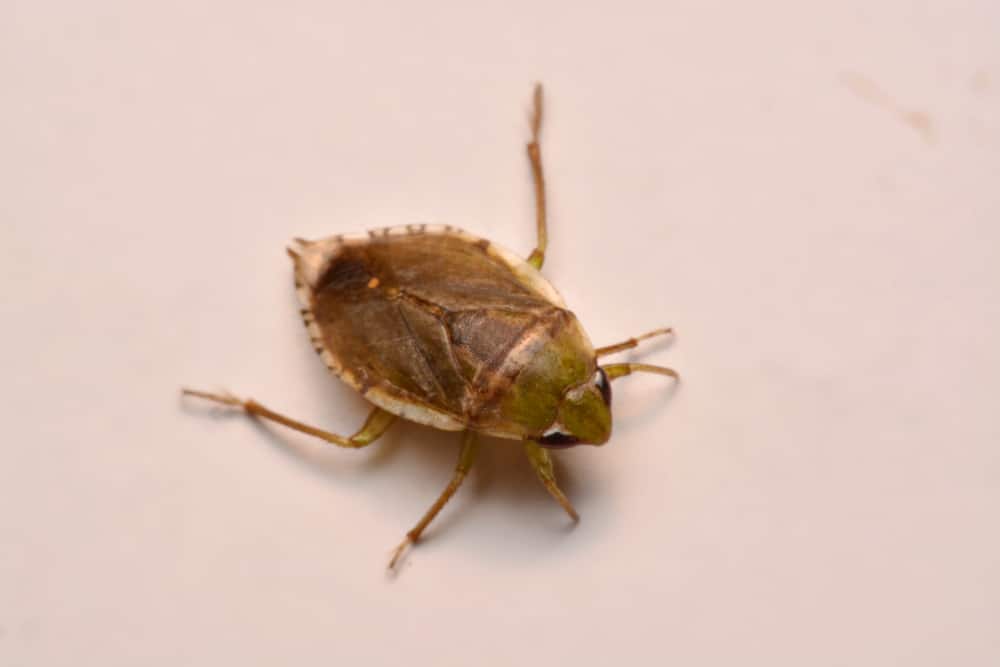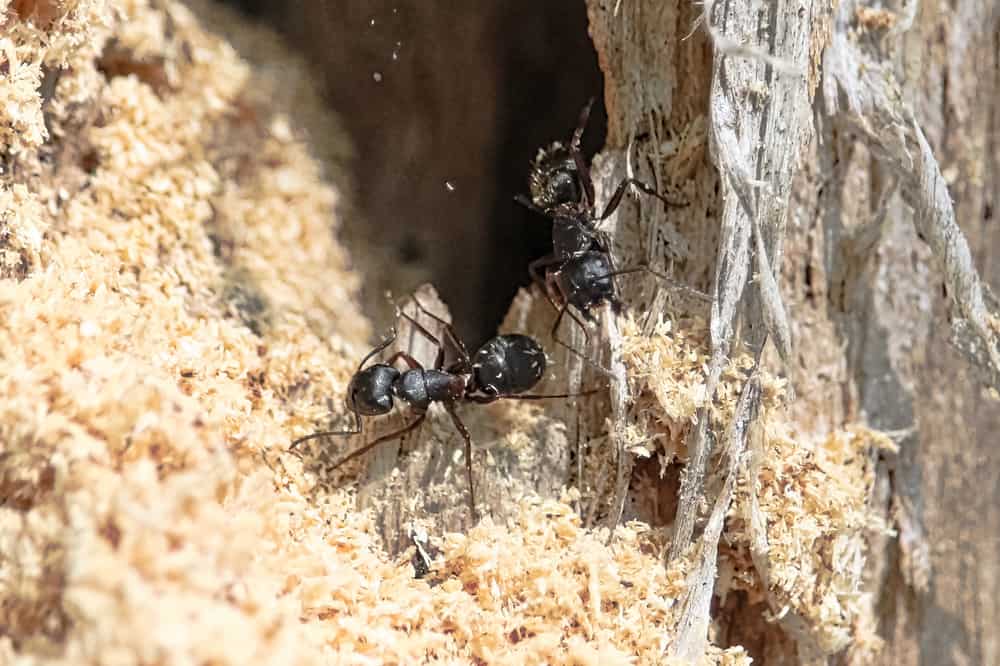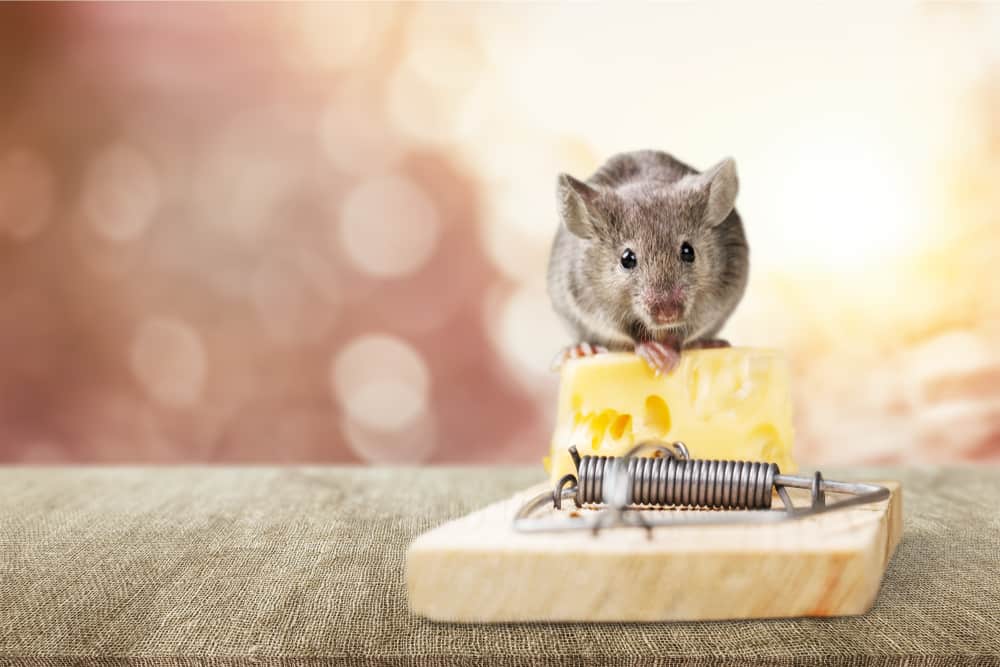An Overview of Mosquitoes
If you were to make a list of the most irritating insects on the planet, mosquitoes would probably rank very high on that list. Their signature, high-pitched buzzing and notoriously itchy bites are more than enough to make them the bane of millions of people around the world. But there’s a bit more to them than just those traits.
What, exactly, are mosquitoes?
Mosquitoes are a species of insects belonging to the scientific family Culicidae. This makes them distant relatives of other common bugs like flies and gnats.
(In fact, the word “mosquito” is Spanish for “little fly.”)
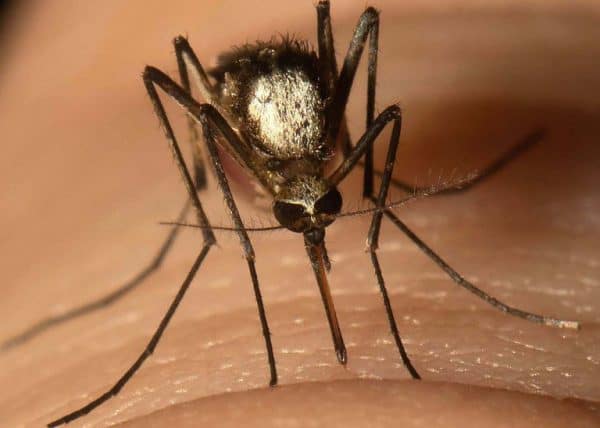
They can be found on every continent except Antarctica, where the weather is too cold for them. In temperate regions, mosquitoes will enter diapause (the insect equivalent of hibernation) during the fall and winter. In tropical places, however, mosquitoes are active all year long.
While mosquitoes are known to drink blood, this only applies to female mosquitoes. Males exclusively drink nectar, but females require nutrients found in blood before they can begin laying eggs.
(They aren’t picky about where the blood comes from, either. Mosquitoes will drink blood from just about any animal they come across.)
What Is the Purpose of Mosquitoes?
A lot of people think mosquitoes don’t serve any purpose in the ecosystem. When the only thing people know about mosquitoes is their habit of drinking blood, it’s easy to assume that they’re nothing but parasites. But mosquitoes, like every other living thing on Earth, have their own ecological niche to fill.
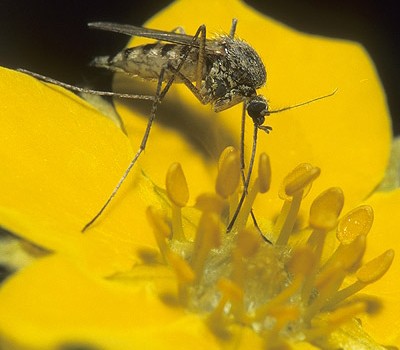
To start, they are invaluable pollinators. As mosquitoes travel from plant to plant in search of nectar, they leave behind tiny grains of pollen. The pollen allows the plant to continue growing, and some species have evolved to be completely dependent on mosquitoes for pollination.
Mosquitoes also make up the diet for countless other animals. Many of their predators live in or around sources of freshwater, where mosquitoes are commonly found; these include fish, frogs, dragonflies, spiders, and reptiles.
Many bird species also supplement their diet with mosquitoes. Bats, who are primarily insectivores, rely on the mosquito to survive.
Mosquito Bites
As mentioned earlier, only female mosquitoes actually bite humans or other animals. The males only drink nectar, so if a mosquito bites you, it’s 100% guaranteed to be female.
(Even then, the females in some mosquito subspecies don’t drink blood. Like the males, these rare few are also pure nectar-drinkers.)
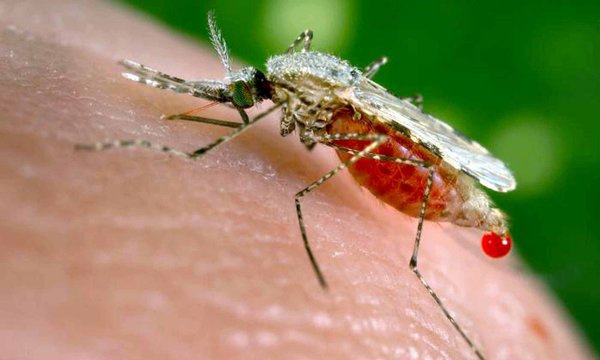
During feeding, the mosquito injects 2 different compounds into the bloodstream: an anticoagulant to stop the blood from clotting, and an antihistamine to stave off any immediate itching. This trait is shared with other blood-drinking insects, such as bed bugs.
After the antihistamine wears off, the area around the bite will begin to swell and itch. This is due to the immune system working to get rid of the foreign bacteria injected by the mosquito. With treatment, mosquito bites typically heal after 1 week.
As the mosquito digests the blood, it converts it into various amino acid proteins. These proteins will become vital when the female lays its eggs since the nutrients will be converted into egg yolk proteins.
Mosquito-Borne Diseases
If a mosquito bites someone with a disease, its immune system recognizes the viral cells as foreign bacteria and starts breaking it down. But if the viral cells haven’t been fully eradicated by the time the mosquito feeds again, the disease will be transmitted into the previously uninfected host.
On average, over 700 million people globally receive a mosquito-borne illness. Of these, 1 million people will die from the disease.
Diseases commonly associated with mosquitoes include the following:
- Malaria: Malaria is caused by bacteria that can be found in mosquito saliva. The bacteria can infect mosquitoes even before they hatch since both malaria and mosquitoes are found in areas with stagnant water. Symptoms include fever, vomiting, and fatigue: severe cases can result in death.
- Yellow fever: This disease is typically spread by mosquito populations found in Africa and South America, though outbreaks can occur worldwide. It gets its name from 2 of its famous symptoms: feeling feverish and jaundice, a condition caused by liver failure that turns the skin yellow.
- Zika virus: The Zika virus came to prominence in 2015-2016, when the disease broke out in South America and made its way into the United States. The virus was transmitted by mosquito populations in South America. While most infected people develop a fever, skin rashes, and joint pain, Zika has a more severe consequence on pregnant women: it can lead to birth defects in unborn children.
There are, however, 2 diseases that mosquitoes cannot transmit. There is no evidence to suggest that mosquitoes can carry HIV/AIDS by drinking infected blood, nor is there any evidence that they can transmit COVID-19.
How Long Do Mosquitoes Live?
A mosquito’s lifespan is dependent on several factors. These include subspecies, sex, environment and development cycle.
Upon reaching adulthood, many mosquitoes live for 1 week. Some species can live for several months, though, and they may hibernate during the winter.
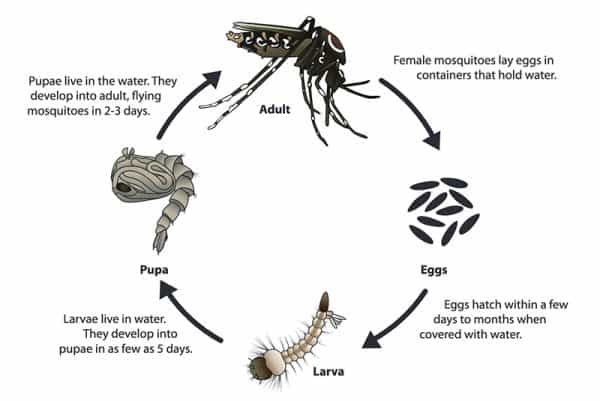
Because of their short lifespan, mosquitoes are fast breeders. They are sexually mature within 24 hours of reaching the adult phase of their life cycle. Once a female is impregnated, she will spend the rest of her life laying hundreds upon hundreds of eggs.
The life cycle of a mosquito is the same as most insects: eggs hatch into larva, larva develop into pupae, and the pupae transform into adults. Each phase of the life cycle lasts between 5 and 14 days.
Repelling & Killing Mosquitoes
Whether you live in an area plagued by mosquitoes or you’re simply visiting a place where they’re active, you’ll want to make sure that these little blood-suckers aren’t annoying you.
If you live in an area with a high mosquito population, here are some ways you can repel or exterminate them:
- Bug Zappers: To lure mosquitoes, bug zappers give off heat and carbon dioxide in order to lure them in. These trick the mosquito into thinking the trap is really a human. Place the zapper in an area where the mosquitoes tend to gather and be sure to maintain it regularly for optimal performance.
- Scented Objects: Many insects are overwhelmed by certain smells, and mosquitoes are no exception. Products that have scents like mint, citrus, or cinnamon will suffocate a mosquito after prolonged exposure, and they will flee to somewhere without these heavy scents in the air.
- Water Treatment: Mosquitoes are especially common in areas with stagnant water, and use these water sources to lay their eggs. If there are any such bodies of water nearby, you can either treat the water or drain it all together. Either way, the mosquitoes will gradually leave and their eggs will die.
If you’re visiting a place where mosquitoes are common, like campgrounds, take these precautions:
- Clothing: The clothes you wear can make all the difference in how attractive you are to mosquitoes. Loose-fitting clothing makes it harder for mosquitoes to find exposed skin, and they also have a hard time detecting light-colored outfits.
- Smoke: Smoke, like the aforementioned scented objects, also suffocates mosquitoes. A decent campfire or barbecue will be more than enough to deter the little biters.
- Netting: These nets are specially designed to keep insects from getting inside while you’re asleep. There are several types available for purchase, from self-supporting nets to nets that can be set up inside a tent.
